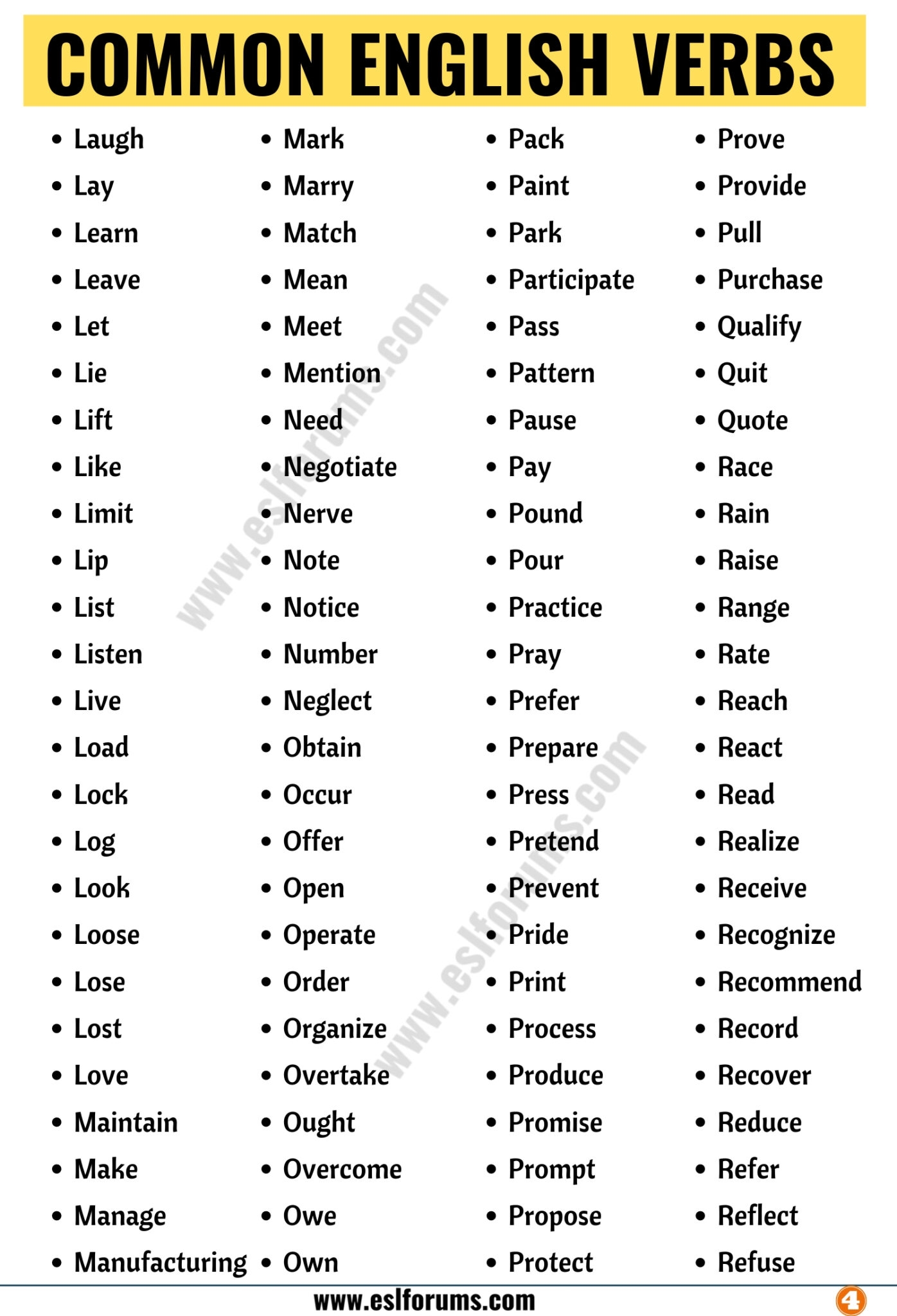Be verbs, also known as linking verbs, are a crucial part of the English language. They are used to connect the subject of a sentence to its complement, which can be a noun, adjective, or other elements. Understanding and using be verbs correctly can help you improve your writing and communication skills.
There are three primary be verbs in English: am, is, are. These are the most commonly used be verbs in sentences. However, there are several other be verbs that are used in different contexts and tenses. Let’s explore some of the be verbs in more detail.
List of Be Verbs:
1. Am
2. Is
3. Are
4. Was
5. Were
Each of these be verbs has its own unique usage and can change the meaning of a sentence significantly. For example, “am” is used for the first person singular (I), while “is” is used for the third person singular (he, she, it). “Are” is used for the second person singular and plural (you) and the first and third person plural (we, they).
It’s essential to pay attention to the subject-verb agreement when using be verbs in sentences. The correct form of the be verb should match the subject in terms of number and person. For example, “I am” is correct, while “I is” is incorrect.
Additionally, be verbs can be used in different tenses to indicate time and continuity. For example, “was” and “were” are used in the past tense, while “am,” “is,” and “are” are used in the present tense. Understanding how to use be verbs in various tenses can help you convey your message clearly and accurately.
Overall, be verbs play a crucial role in the English language and are essential for constructing grammatically correct sentences. By familiarizing yourself with the different be verbs and their usage, you can improve your writing skills and communicate effectively with others.
In conclusion, the list of be verbs includes “am, is, are, was, were,” among others. By mastering the usage of these be verbs, you can enhance your language skills and communicate more effectively. Practice using be verbs in different contexts and tenses to become a more proficient English speaker and writer.
